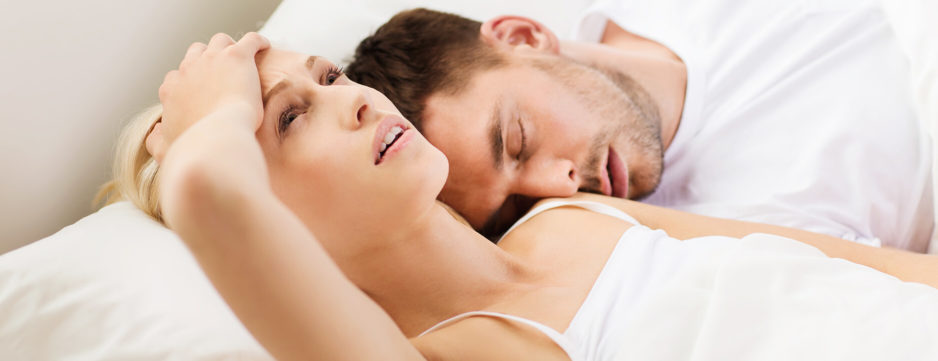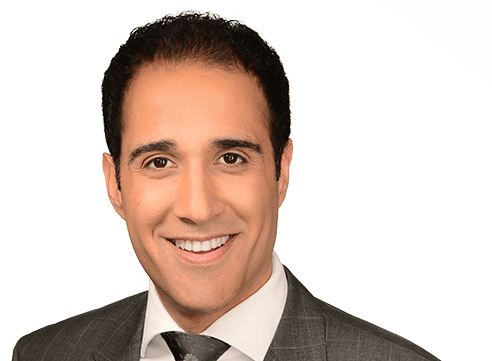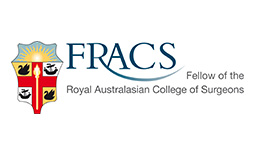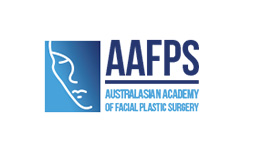Snoring is one of the most common sleep related health issues. If left untreated, exhaustion may cause your work, relationships and overall daily performance to suffer. Mainly thought of as a nuisance, people aren’t aware snoring can be the sign of a serious medical condition. If you suffer from chronic snoring, Dr Choroomi can help relieve this condition through both medical and surgical treatments.
Snoring
What Causes Snoring?
- Blocked Nose
- Overeating or Lack of Exercise
- Alcohol and Sleeping Pills
- Mouth Breathing
- Smoking
- Small or Collapsing Nostril
- Allergies
- Enlarged Tonsils
When you progress into a deep sleep your entire body relaxes, including the muscles on the roof of your mouth, tongue and throat. The tissues in you throat can relax so much they partially block your airway, vibrating as air tries to pass by. Airflow becomes more forceful as the airway becomes narrower, causing tissue vibration to increase and snoring to become louder.
Why is Snoring Serious?
Chronic and severe snoring can cause serious, long term, and even life-threatening problems including obstructive sleep apnea (OSA). When snoring is interrupted by frequent episodes of total obstructed breathing, meaning air is blocked from reaching your lungs, it is known as sleep apnea. These episodes can reduce blood oxygen levels, causing your heart to overwork and pump harder. While sleeping, patients with sleep apnea must keep their muscles tense in order to keep air flowing to their lungs. This results in endless nights of restless sleep. Ultimately untreated, this disorder can elevate blood pressure causing heart enlargement and increased risk of a heart attack. If you are a heavy snorer it is very important to seek medical advice immediately, the longer you wait the more serious complications may become.
Diagnosing the Cause of your Snoring
Your journey to a good night’s sleep begins by scheduling a consulting with Dr Choroomi. During your consultation, Dr. Choroomi will:
- Take a thorough medical history
- Conduct a full body examination: weight, height, and body fat
- Examine your nose, palate, throat and neck using an endoscopic camera
Dr Choroomi’s philosophy is to diagnose the underlying cause behind your snoring, sleep apnea, and sleep disorder not just relieve their symptoms. All patients will undergo a sleep study in the comfort of their own home to provide a diagnosis of sleep apnea. The analysis of the data from your sleep study may reveal one or more of the following:
- You have no actual sleep disease at all
- A dental appliance needs to be worn while sleeping
- A CPAP mask appliance must be worn while sleeping
- Nose, palate, or throat surgery is required
Treatment for Snoring, Sleep Apnea and Sleeping Disorders:
With an accurate picture as to the cause of your snoring, sleep apnea, or other sleeping disorder, Dr. Choroomi may recommend the following treatments based on your diagnosis:
Medical Treatments:
- Custom Oral Appliances: Similar to a mouth guard, the Mandibular Advancement Splint, is worn at night to move the lower jaw forward, widening your breathing airway. A dentist will fit the appliance specifically to your mouth, making it extremely comfortable to wear while you sleep.
- CPAP Machine (Continuous Positive Airway Pressure): A diagnosis of sleep apnea may require the use of a CPAP machine while you sleep. This machine will keep your airway from collapsing by gently blowing pressurised air into a mask worn over your nose or face.
- Tonsillectomy: Enlarged tonsils may require tonsillectomy surgery to treat your snoring or sleep apnea. Patients usually have a noticeable improvement in their symptom within 6 months of surgery.
- Nasal Surgery: Deviated Septum Surgery (Septoplasty) may be performed to treat snoring caused by nasal obstruction. During surgery, the septum is repositioned or removed to open the nasal airway.
- Uvulopalatopharyngoplasty (UPPP): This surgical procedure treats sleep apnea by tightening or removing loose tissues in the throat, thereby expanding the air passageways. Even if surgery successfully removes the blockage, you may still need the assistance of a CPAP machine while you sleep.
Lifestyle Changes
- Change in lifestyle: If you have no underlying medical causes for your snoring, changes in your lifestyle may bring you nighttime relief.
- Establish a regular sleeping pattern: Try to go to bed and wake up at the same time.
- Adopt a healthy and athletic lifestyle to loose weight and develop good muscle tone.
- Avoid sleeping pills, and antihistamines before bedtime.
- Avoid alcohol for at least four hours and heavy meals or snacks three hours before going to bed.
- Change your sleeping position: sleep on your side rather than your back and elevate your head 4-6 inches.
Anti- Snoring Devices
This is a buyers beware market when it comes to devices promising to prevent snoring, including special pillows, certain oral devices and chinstraps. Snoring devices are based on behaviour modification, they will not physically correct the underlying problem.









